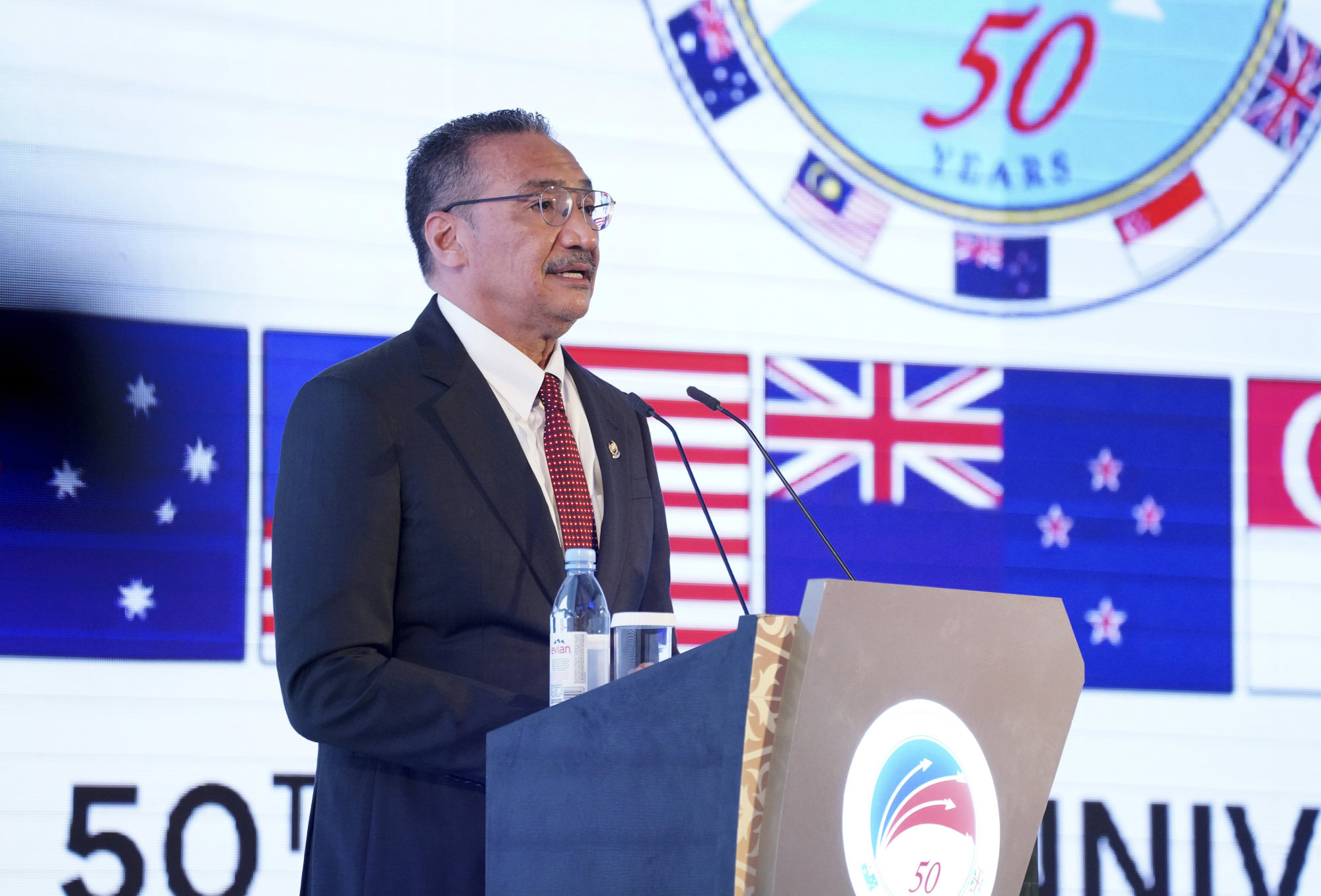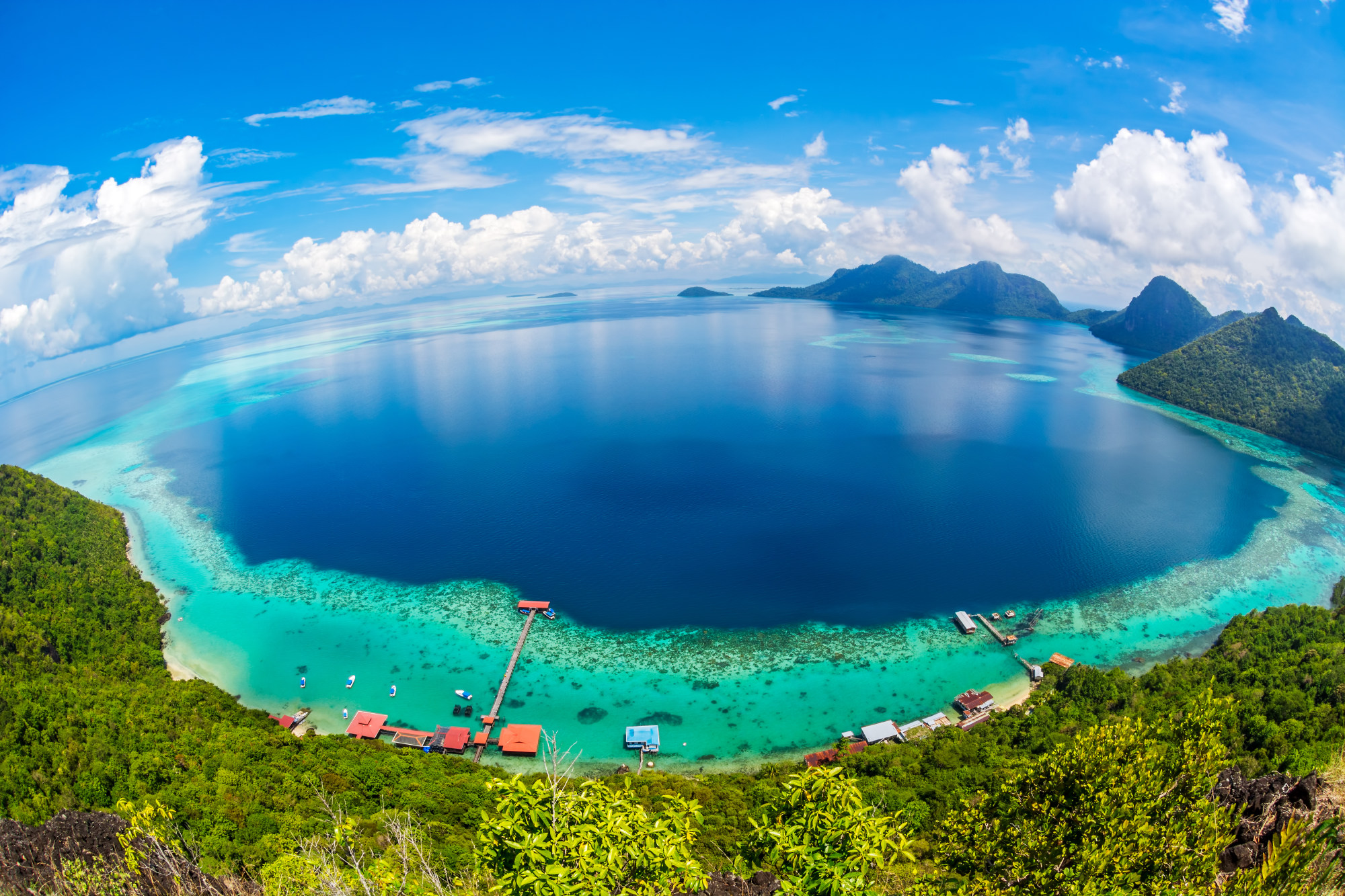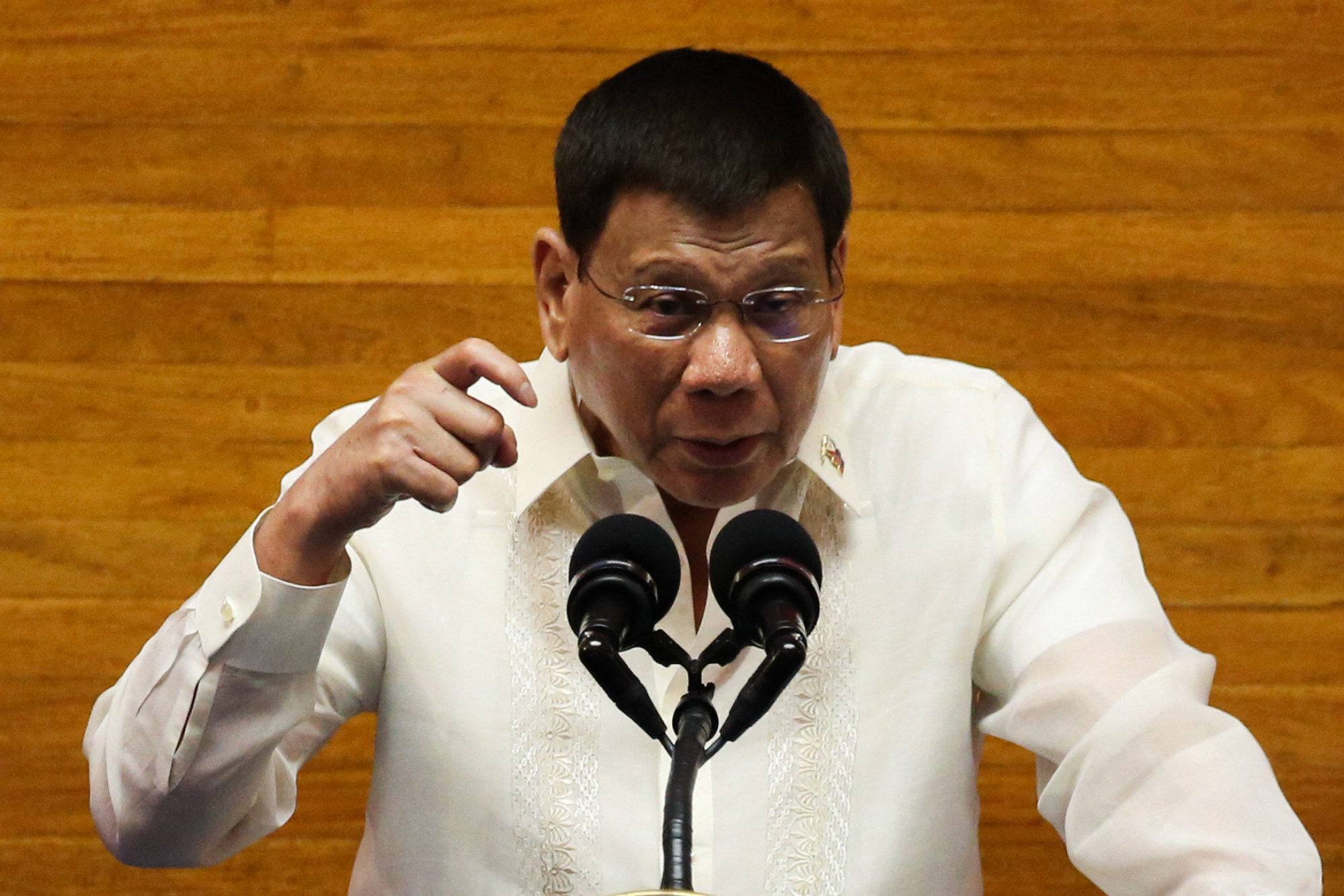
Secret plot to invade Malaysia’s Sabah with Sulu militia hatched in southern Philippines: security source
- Secret meeting of 19 mayors discussed recruiting 600 men to invade the state on Borneo island and spies to scope out coastal towns, though no one has infiltrated yet
- Responding to the report, Malaysia’s defence minister said the country’s security agencies are verifying the matter with their Philippine counterparts
The December 1 meeting was conducted by a locally-elected official of Sulu province, who gathered 19 mayors of the Sulu Archipelago to discuss plans to set up a “Royal Sulu Army” with a target of recruiting up to 600 men to invade Sabah, the source said.
“The potential of the plan to attack Sabah coming to fruition depends on how much political support and funds it can get from various parties,” the source said. “Many stakeholders in the Philippines and abroad are willing to exploit this issue for their respective political and strategic interests.”
Why some East Malaysians are calling for secession
Malaysian Defence Minister Hishammuddin Hussein said on Friday his ministry and the country’s armed forces are “paying close attention” to This Week In Asia’s report.
“Any threat, whether credible or not, must be independently verified and taken seriously,” Hishammuddin said, adding that Malaysia’s intelligence and security agencies have also taken note of the matter and are verifying it with their Philippine and regional counterparts.
“I have been informed by the Malaysian Armed Forces that through intelligence and operation that’s been implemented, there’s no indication or solid evidence on the reported [plot] so far,” he said.
“However, as emphasised by the commander of the armed forces and the inspector general of police, immediate action will be taken to increase the preparedness to the highest level in Sabah.”

Earlier on Thursday, Malaysia’s Inspector General of Police Acryl Sani Abdullah Sani said in a statement that there is no confirmation on the intended plan thus far.
Acryl Sani said it is believed “information has been manipulated by parties who are jealous of the level of security and close ties between Sabah and the southern Philippines.”
“The Royal Malaysian Police takes this matter seriously and will take immediate action to increase the preparedness [of the police] to the highest level in Sabah to face any possibility of a threat of invasion and to avoid any repeated incident of infiltration in the state,” he said.
The top police officer also said the force has good relations with the Philippine authorities when it comes to sharing of intelligence on any activity that could threaten the security of both countries.
The Royal Malaysian Police guarantees that security in Sabah is “under control” and efforts are under way “to detect and identify the elements in Sabah who may be involved in the plot,” he added.
“Firm action will be taken against any party who threatens the security and sovereignty of the country.”
Malaysian MP probed over Sabah comments, highlighting breakaway sensitivities
The source said February 2022 was seen as the best time to invade. That time was likely to have been chosen to “commemorate” an invasion of Sabah eight years ago by fighters from Sulu, the source said.
“The failure of the heirs of the Sulu Sultanate to obtain the consent of the Malaysian government to settle the proprietary rights over Sabah prompted the implementation of this plan,” said the source.
In February 2013, Sabah was rocked by the – ultimately unsuccessful – invasion of over 200 armed followers of the Philippines’ self-proclaimed Sultan of Sulu, Jamalul Kiram III.
The men were led by the sultan’s brother, Agbimuddin Kiram, who had come to press an ancestral claim over Sabah. Malaysia responded by sending troops and launching air strikes before the stand-off ended. The conflict, which lasted more than a month, resulted in the deaths of 68 men from the Sulu sultanate, nine Malaysian armed services personnel and six civilians.
Of the 19 mayors who attended the secret meeting, 11 agreed to the plan while the rest sat on the fence, neither agreeing to nor rejecting it.
“Each mayor is expected to provide 50 men who are skilled and brave in battle. The cost of ammunition and other logistics is to be borne by the high-ranking official who also promised to contribute 500,000 pesos (US$10,000) to build 100 speed boats that will be used to attack Sabah,” the source said.
The source said that according to the plan, the local official was believed to have supplied 500 firearms to local representatives in Sulu who would then distribute them.

Sleeper cells
The source said 150 to 200 spies from Sulu were expected to be directed to Lahad Datu and Semporna – two key coastal towns where an invasion force might land. In the 2013 invasion, forces landed at Lahad Datu.
“All the Sulu soldiers entering the waters of Lahad Datu and Semporna will be bringing in firearms [according to the plot],” said the source. “All the firearms will be buried in an area before being used to attack the targeted area.”
However, the source added that “no one” had infiltrated Sabah – but warned the Sulu plotters had “sleeper cells” there.
The security source said intelligence gathering and security had been stepped up in Sabah since the discovery of the Sulu meeting.
Malaysia rebukes Philippines for reigniting row over Sabah claim
Rommel Banlaoi, chairman of the Philippine Institute for Peace, Violence and Terrorism Research, said the Royal Security Force of the Sultanate of Sulu and North Borneo had around 20 to 30 regular armed services personnel.
However, it was “capable of mobilising up to 500 Tausug armed men as force multipliers”, Banloai said, referring to the dominant ethnic group of Sulu.
Banlaoi said the Tausugs had an enduring desire to invade Sabah.
“The intent will not disappear because everyone in Sulu has spread the narrative to the young generation that Sabah belongs to the Sultanate of Sulu,” Banlaoi said.
Zachary Abuza, professor of Southeast Asia studies at the Washington-based National War College, put the strength of the Sulu Royal Security Force at up to 235 men during the 2013 invasion.
However, he said they were poorly trained, lightly armed, and extremely misguided men under the sway of the self-declared sultan.
“Jamalul Kiram died in 2013. His daughter continues to lay claim to Sabah, though it is unclear whether she has any armed supporters or resources to raise a force,” said Abuza.

Duterte’s vow
In 2016, Duterte vowed to pursue the country’s claim to Sabah, saying he recognised the claim of the Sultanate of Sulu, which used to rule over parts of the southern Philippines and Sabah, before the British government transferred Sabah to the Federation of Malaysia in 1963.
In 2019, Philippine Foreign Secretary Teodoro Locsin Jnr reaffirmed the Philippines’ claim over Sabah during a congressional budget briefing.
“We shall never have an embassy in Sabah. To even think of it is an act of treason,” Locsin Jnr told the House appropriations committee.
What’s behind revived dispute between Philippines and Malaysia over Sabah?
Abuza said that given the history, no Philippine politician could afford to renounce the claims on Sabah as doing so would undermine their “nationalist credentials”.
The Tausugs have a long-standing claim on Sabah, which they say was seized by the British from their government. Sabah was ceded to the British by the former colonial power, Spain, in the Madrid protocol of 1885.
Malaysia has always rejected the Philippine’s claims on the grounds that Sabah residents had exercised their right to self-determination when they voted to join the Malaysian federation in 1963.
However, it has since emerged that the Malaysian embassy in the Philippines was issuing annual cheques for 5,300 ringgit to the legal counsel of the heirs of the Sultan of Sulu in keeping with the terms of an 1887 agreement. The payments stopped in 2013.
While Malaysia considered it as cession payment for the disputed state, the sultan’s descendants considered it “rent”, television news network Astro Awani reported in 2013.

